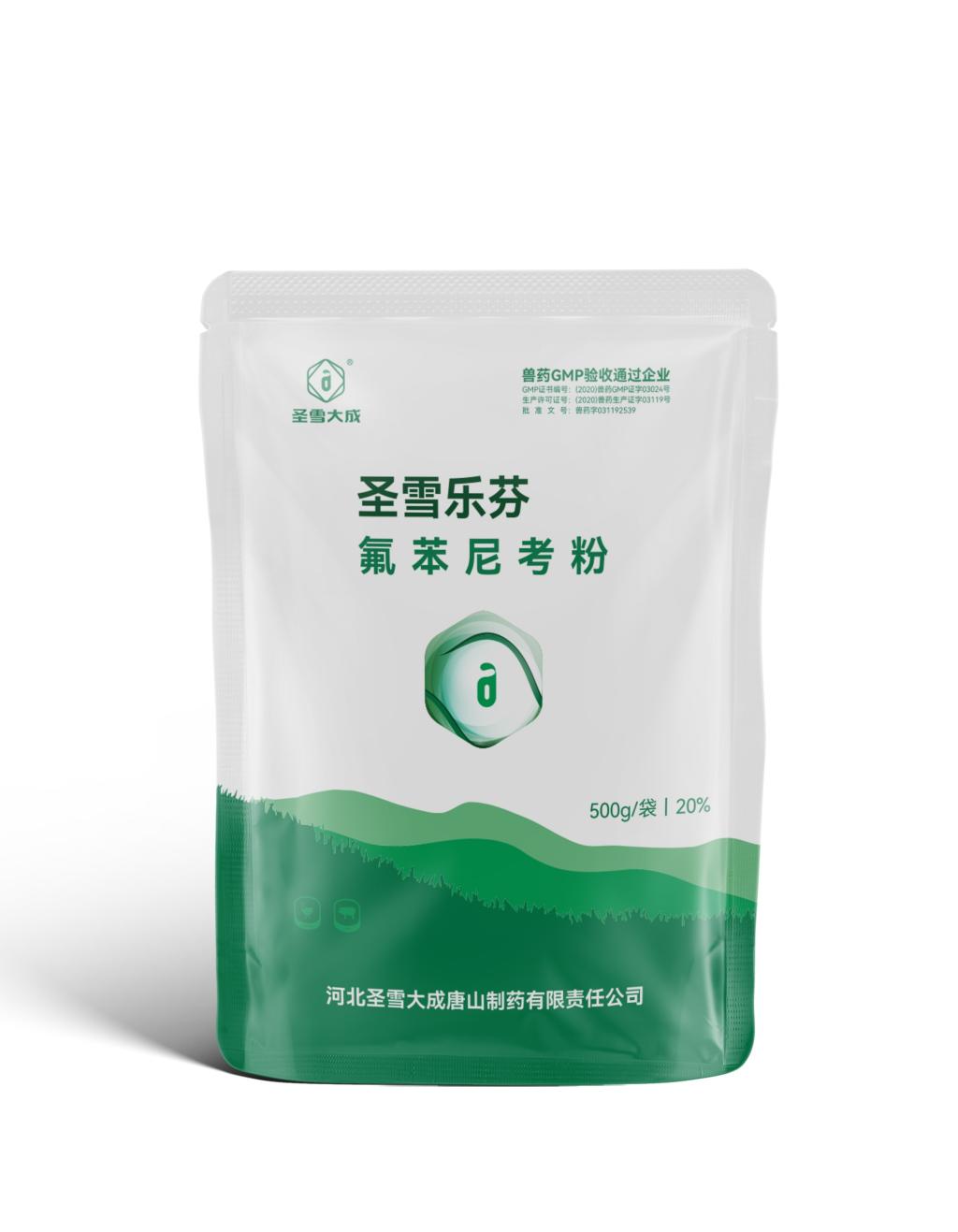Tel:+8618231198596

News
 CONTACT
CONTACT
 CONTACT
CONTACT
- Linkman:Linda Yao
- Tel: +8618231198596
- Email:linda.yao@dcpharma.cn
- Linkman:CHARLES.WANG
- Department:Overseas
- Tel: 0086 0311-85537378 0086 0311-85539701
News
The role of Florfenicol Powder in preventing secondary bacterial infections is significant.
TIME:2024-10-12
Understanding Florfenicol Powder
Florfenicol is a fluorinated thiamphenicol derivative that is effective against a wide range of Gram-negative and some Gram-positive bacteria. It is available in various formulations, including powders, which can be administered through feed, water, or as an injectable solution. The antimicrobial properties of florfenicol make it a valuable tool in the management of bacterial infections, particularly in intensive farming systems where the risk of disease transmission is high.
The Significance of Preventing Secondary Bacterial Infections
Secondary bacterial infections often occur when an animal's immune system is compromised due to a primary infection, stress, or environmental factors. These secondary infections can exacerbate the severity of the primary condition, prolong recovery times, and increase the likelihood of mortality. Common examples of primary conditions that can lead to secondary bacterial infections include:
Viral Respiratory Infections: Viruses such as bovine respiratory syncytial virus (BRSV), infectious bovine rhinotracheitis (IBR), and porcine reproductive and respiratory syndrome (PRRS) can weaken the respiratory tract, making it more susceptible to bacterial pathogens like Mannheimia haemolytica and Pasteurella multocida.
Enteric Diseases: Primary enteric pathogens, such as rotavirus and coronavirus, can damage the intestinal lining, leading to secondary bacterial infections with Escherichia coli or Salmonella species.
Mastitis: In dairy cattle, primary mastitis caused by Staphylococcus aureus or Streptococcus agalactiae can predispose the udder to secondary infections with other opportunistic bacteria.
The Role of Florfenicol Powder in Prevention
Florfenicol powder is used prophylactically to prevent the onset of secondary bacterial infections in at-risk populations. Its role is multifaceted and includes:
Broad-Spectrum Antimicrobial Activity:
Wide Range of Pathogens: Florfenicol is effective against a broad spectrum of bacteria, including those that commonly cause secondary infections. This makes it a versatile choice for preventing a variety of potential secondary pathogens.
Resistance to Enzymes: Unlike some other antibiotics, florfenicol is not affected by common bacterial resistance mechanisms, such as beta-lactamases, which enhances its efficacy in preventing infections.
Prophylactic Use in High-Risk Situations:
Stressful Events: During periods of stress, such as weaning, transportation, or changes in environmental conditions, animals are more susceptible to infections. Administering florfenicol powder during these times can help prevent the establishment of secondary bacterial infections.
Post-Vaccination Support: Following vaccination, the immune system may be temporarily weakened, making the animal vulnerable to secondary infections. Florfenicol can provide additional protection during this critical period.
Supporting Immune Function:
Reduced Bacterial Load: By reducing the overall bacterial load in the environment and within the animal, florfenicol helps to alleviate the burden on the immune system, allowing it to better focus on combating the primary infection.
Preventing Opportunistic Infections: Florfenicol can prevent opportunistic bacteria from taking advantage of a compromised immune system, thus reducing the risk of secondary infections.
Economic Benefits:
Cost-Effectiveness: The use of florfenicol powder as a preventive measure can be cost-effective, as it reduces the need for more expensive treatments and veterinary interventions associated with secondary infections.
Improved Productivity: By preventing secondary infections, florfenicol helps maintain the health and productivity of the herd, leading to improved growth rates, milk production, and overall farm profitability.
Challenges and Considerations
While the use of florfenicol powder in preventing secondary bacterial infections is beneficial, there are several challenges and considerations that must be addressed:
Antimicrobial Resistance (AMR): Overuse and misuse of antibiotics, including florfenicol, can contribute to the development of AMR. Responsible use, including adherence to recommended dosages and treatment durations, is essential to mitigate this risk.
Regulatory Compliance: The use of florfenicol must comply with local and international regulations, including withdrawal periods to ensure that residues do not contaminate food products.
Consumer Perception: There is increasing consumer concern over the use of antibiotics in agriculture. Farmers and veterinarians must balance the benefits of florfenicol with the need for sustainable and responsible practices.
Alternative Approaches: Research into non-antibiotic alternatives, such as probiotics, prebiotics, and immunomodulators, is ongoing. Integrating these approaches with the judicious use of florfenicol can help reduce reliance on antibiotics and promote a more holistic approach to disease prevention.
Conclusion
The role of florfenicol powder in preventing secondary bacterial infections is significant, providing a valuable tool for maintaining the health and productivity of livestock. By leveraging its broad-spectrum activity and incorporating it into strategic preventive measures, farmers and veterinarians can effectively manage the risk of secondary infections. However, it is crucial to use florfenicol responsibly and to consider the broader context of AMR and sustainability. As the agricultural sector continues to evolve, a balanced and integrated approach to disease management will be essential to ensure the long-term health and economic viability of livestock operations.
- Tel:+8618231198596
- Whatsapp:18231198596
- Chat With Skype







